Looking for a trailer dolly that handles your RV, boat, or utility trailer with ease? You’ll find top picks like SuperHandy, Trailer-Tug, Goodyear, Parkit360, and Elevate Outdoor. These brands offer electric and manual models, with weight capacities from 2800 to 12,000 lbs. You get sturdy wheels, smart designs, and options for every budget. The chart below shows how weight capacity varies among popular choices, so you can match your dolly to your trailer’s needs.
Key Takeaways
Choose a trailer dolly that matches your trailer's weight and type for safe and efficient moving.
Electric dollies offer better control and reduce physical strain, making them ideal for heavy trailers.
Consider the terrain where you'll use the dolly; different wheel types perform better on various surfaces.
Regular maintenance is crucial for safety and longevity; inspect and clean your dolly after each use.
Comparison Table
Key Specs
When you look for a trailer dolly, you want to know how each model stacks up. The table below shows the main specs for top brands. You can see weight capacity, type, wheel style, price range, and the best use case for each. This helps you figure out which dolly fits your trailer and your needs.
Brand & Model |
Weight Capacity |
Type |
Wheel Type |
Price Range |
Best Use Case |
|---|---|---|---|---|---|
3,500 lbs |
Electric |
All-terrain |
$899~$2,619 |
RVs, boats, utility trailers |
|
Trailer-Tug |
5,000 lbs |
Manual |
Pneumatic |
$424-$1,600 |
Utility trailers, small RVs |
4,000 lbs |
Electric |
Rubber |
$999~$2799 |
Boats, light trailers |
|
Parkit360 |
10,000 lbs |
Electric |
Solid rubber |
$679-$2,050 |
Large RVs, heavy trailers |
Elevate Outdoor |
12,000 lbs |
Manual |
Steel |
$849 |
Fifth wheels, goosenecks |
Tip: Experts say you should match the dolly’s tongue weight capacity to about 10-15% of your loaded trailer’s total weight. This keeps things stable and safe when you move your trailer.
Suitability
You might wonder why these specs matter. Picking the right trailer dolly means thinking about more than just weight. Here are the main factors you should consider:
Payload Weight: You need to know your trailer’s weight. This helps you avoid overloading your dolly, which can cause safety problems.
Cargo Type: The kind of trailer you have—RV, boat, or utility—changes what dolly works best. Heavy cargo needs a stronger dolly.
Materials: Steel dollies last longer and handle rough use. Aluminum ones are lighter and easier to move.
Weight Distribution: Even weight keeps your trailer steady. Uneven loads can tip or roll.
Maneuverability: Tight spaces need a dolly with a small turning radius. Big wheels help on rough ground.
Electric trailer dollies make moving heavy trailers easier and safer. You get better control and less strain. Many users say they feel more confident parking their trailers with an electric dolly.
Choosing the right trailer dolly means you get a safer, smoother experience. You protect your trailer and make your life easier.
Trailer Dolly Reviews
Features
Let’s look at what makes each trailer dolly unique. You want to know why these models work so well for RVs, boats, and utility trailers. Here’s a quick table showing the standout features of the SuperHandy trailer dolly:
Feature |
Description |
|---|---|
Motor |
800-watt motor gives you strong, industrial-grade power. |
Construction |
Heavy-duty steel frame handles tough jobs and heavy trailers. |
Drive System |
Patented system needs no maintenance, so you save time. |
Safety Features |
Overload protection keeps you safe from electrical problems. |
Stability |
Wide 24-inch base helps prevent flipping or tipping. |
Battery |
Two 12-volt rechargeable batteries last for long moving sessions. |
Ease of Assembly |
Quick setup in about 15 minutes, even if you skip the manual. |
User Feedback |
Users say it performs like a pro, especially for big trailers. |
Parkit360 stands out with its electric drive system. You get remote control operation, which means you can move your trailer from a safe distance. The system gives you consistent power and torque, making it easier to handle heavy loads.
Goodyear trailer dollies get high marks for durability. Users praise the rugged metal frame and corrosion-resistant design. You can use it in tough conditions, like launching boats or moving RVs over rough ground.
Trailer-Tug offers flexibility. You can tow different vehicles and trailers. The dolly works well for enclosed trailers and gives you secure transport.
Elevate Outdoor is built for heavy-duty use. The steel wheels and strong frame make it a good choice for fifth wheels and gooseneck trailers.
Pros and Cons
You want to know the ups and downs before you buy a trailer dolly. Here’s what users say about each model:
-
SuperHandy
Pros: Strong motor, easy assembly, stable base, long battery life, professional-grade performance.
Cons: Some users mention tire traction on smooth surfaces.
-
Parkit360
Pros: Handles up to 10,000 pounds, remote control for safe operation, consistent power, easy maneuvering.
Cons: Higher price point, needs battery charging.
-
Goodyear
Pros: Durable, reliable, stable on uneven ground, corrosion-resistant, great for marine use.
Cons: Heavier frame can be harder to move by hand.
-
Trailer-Tug
Pros: Flexible towing options, easy to maneuver, works with many trailer types, secure for enclosed trailers.
Cons: Can be tricky with very heavy trailers, needs regular maintenance.
-
Elevate Outdoor
Pros: Handles very heavy loads, strong steel wheels, good for large trailers.
Cons: Manual operation requires more effort, not ideal for tight spaces.
Tip: Electric trailer dollies make it much easier to move trailers in tight spots. You can guide your trailer into a garage or narrow driveway with less effort than using a tow vehicle.
Use Cases
You might wonder which trailer dolly fits your situation. Here’s how each model matches different needs:
SuperHandy: Perfect for RV owners, boaters, and anyone with a utility trailer. You get easy setup and strong performance for heavy loads. The wide base keeps your trailer steady, even on uneven ground.
Goodyear: Great for boat owners and RV users who need a tough dolly for rough terrain. The corrosion-resistant frame works well near water.
Elevate Outdoor: Choose this dolly for fifth wheels and gooseneck trailers. The strong steel construction handles the biggest jobs.
You want a trailer dolly that matches your trailer’s weight and type. Electric models help you move heavy trailers with less effort, especially in tight spaces. Manual models work well for lighter loads and simple moves. Pick the dolly that fits your needs, and you’ll make trailer moving safer and easier.
Choosing a Trailer Dolly
Picking the right trailer dolly can make moving your trailer much easier and safer. You want to know why certain features matter and how they fit your needs. Let’s break down the key things you should look at before you buy.
Weight and Size
You need to match your trailer dolly to your trailer’s weight and size. If you pick a dolly that’s too weak, it won’t move your trailer safely. If you choose one that’s too big, you might struggle with tight spaces.
Here’s a simple step-by-step guide to help you:
Find your trailer’s weight and size. Check your trailer’s manual or look for a sticker with the weight listed.
-
Pick the right capacity.
Light-duty dollies handle up to 2,000 lbs.
Medium-duty models go up to 5,000 lbs.
Heavy-duty options can move up to 10,000 lbs or more.
-
Think about size and material.
Compact dollies work well in small garages.
Heavy-duty steel frames last longer and handle rough use.
-
Look at wheels and brakes.
Solid rubber or pneumatic tires give better grip.
Hydraulic or electric brakes add safety, especially for big trailers.
-
Choose your motor and battery.
Electric motors are great for medium loads.
Gas engines work best for the heaviest trailers.
Tip: Always pick a dolly with a weight limit higher than your trailer’s tongue weight. This keeps you safe and protects your equipment.
Terrain
The ground where you move your trailer matters a lot. Some surfaces make it easy, while others can be tough.
Electric trailer dollies work best on pavement and gravel. The wheels roll smoothly, so you don’t have to push hard.
Soft grass and steep hills can be tricky. Wheels might spin or sink, making it hard to move your trailer.
The SuperHandy dolly shines on hard surfaces like asphalt and concrete.
Pneumatic tires help if you need to cross gravel or rough ground.
Models like the Trailer Valet use dual rubber wheels for better grip on soft or uneven terrain. Their drive system helps you steer in tight spots.
Note: If you plan to move your trailer over wet grass or up a hill, you might need a dolly with special tires or extra power.
Budget
You want a trailer dolly that fits your budget but still keeps you safe and gets the job done. Prices can range from under $100 for basic models to several thousand dollars for heavy-duty or electric versions.
Why does price matter? Lower-cost models work for small, light trailers and simple moves. If you have a heavy trailer or need to move it often, investing in a higher-end dolly gives you more power, better safety, and longer life.
Tip: You don’t have to spend a fortune to get a safe, reliable dolly. Just make sure the model you choose matches your trailer’s weight and the surfaces you’ll use it on.
Choosing the right trailer dolly means you get peace of mind, easier moves, and less risk of damage. Think about your trailer’s weight, where you’ll use the dolly, and how much you want to spend. This way, you’ll find the best fit for your needs.
Safety and Use Tips
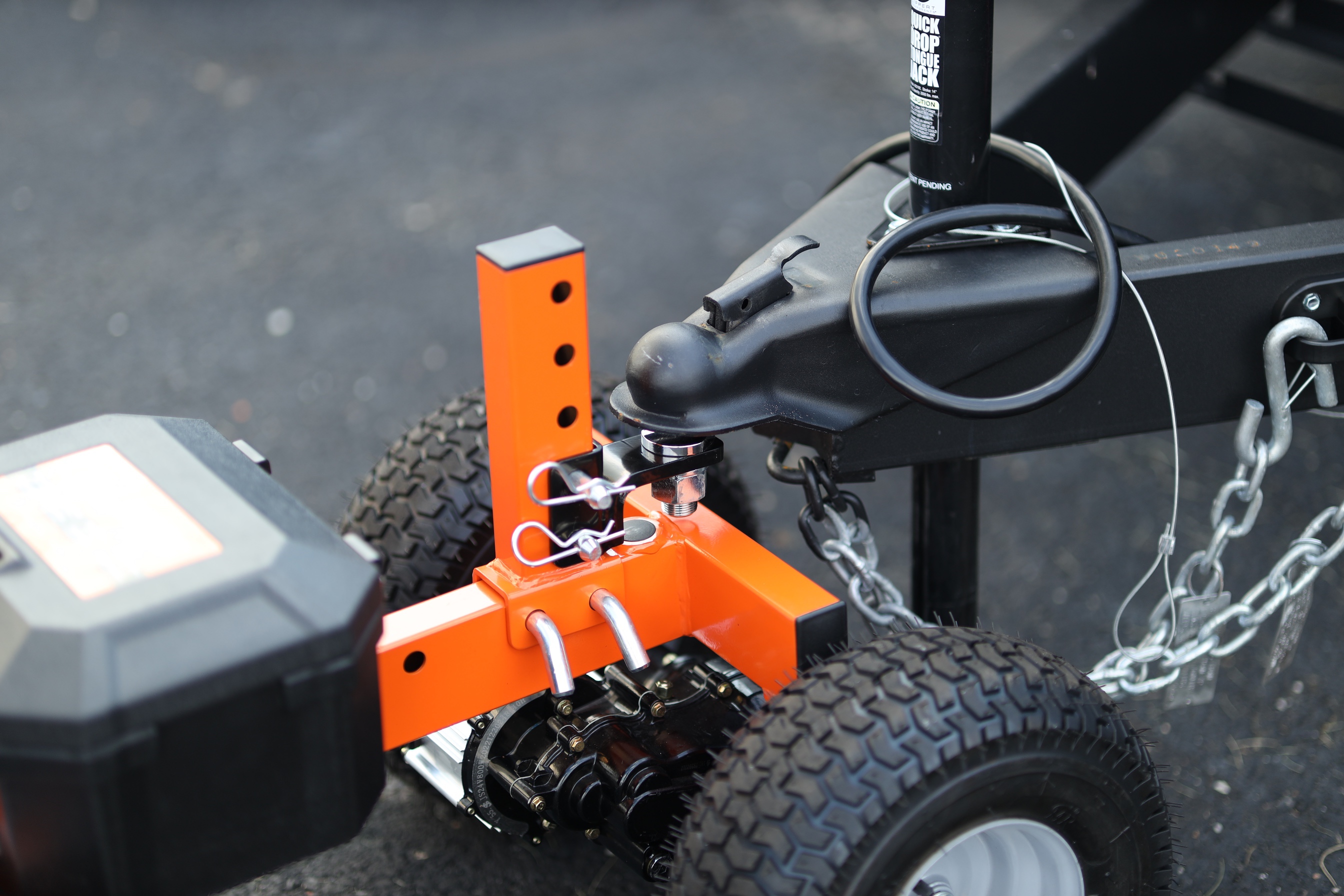
Safety
You want to keep yourself and your equipment safe every time you use a trailer dolly. Safety features matter because they help prevent accidents and injuries. Take a look at this table to see what experts recommend:
Safety Feature |
Description |
|---|---|
Stability |
Wide wheelbases and low center of gravity keep your dolly steady. |
Wheel Types |
Solid rubber tires work best on flat ground; pneumatic tires grip uneven areas. |
Brake Types |
Hydraulic brakes help with heavy loads; electric brakes work well for medium-duty jobs. |
Regular Inspection |
Check for wear and tear often to catch problems early. |
Motor Options |
Motorized dollies lower your risk of injury and make moving easier. |
Why do these features matter? They help you avoid slips, trips, and falls. You should always inspect your dolly before use. Make sure the floor is dry and even. Never push or pull heavy trailers by hand. Use the right dolly for your trailer’s weight. Training helps you handle your equipment safely.
Tip: Always check the rated load before you start. This keeps you in control and prevents tipping.
Maneuvering
Moving a heavy trailer in a tight spot can feel tricky. You need smart techniques to stay safe and get the job done. Many users find that a front-mounted trailer hitch gives them better control. You can push or pull your trailer with precision, even through a narrow garage door. Electric dollies work well on flat ground, but you should avoid using them on slopes. Slopes can cause accidents, so stick to level surfaces.
Why does maneuvering matter? Good control helps you avoid damage to your trailer and your property. It also keeps you safe from sudden movements or loss of control.
Use slow, steady movements.
Keep your path clear of obstacles.
Ask for help if you need to guide your trailer into a tight space.
Maintenance
Regular maintenance keeps your trailer dolly working smoothly and safely. You want your equipment to last, so follow these simple steps:
Clean your dolly after each use to remove dirt and salt.
Lubricate wheel bearings and pivot points at the right intervals.
Store batteries at room temperature and keep them partly charged during long breaks.
Inspect tires, wheels, and drive systems two or three times a year.
Check drawbars and pintle hooks for wear and replace them if needed.
Component |
Inspection Frequency |
Notes |
|---|---|---|
Wheels |
Semi-annual inspections |
Check tire pressures and condition regularly. |
Batteries |
Periodic inspection |
Make sure they work and hold a charge. |
Drive Systems |
Two to three times a year |
Look for wear and adjust as needed. |
Why does maintenance matter? It helps you catch problems early, avoid breakdowns, and keep your trailer dolly safe for every move.
You want a trailer dolly that makes moving your RV, boat, or utility trailer easy and safe. The best picks stand out because they offer features that solve real problems:
Feature |
Benefit |
|---|---|
Enhanced Maneuverability |
Easy navigation in tight spaces |
Precision in Tight Spaces |
Better control, less risk of damage |
Handles Various Terrains |
Works on pavement, gravel, and grass |
Reduced Physical Strain |
Electric models save your energy |
Operational Efficiency |
Saves time, especially in small areas |
Matching your dolly’s weight capacity to your trailer’s weight keeps you safe. Ignoring weight ratings can cause accidents or damage. Pick a dolly that fits your trailer type and size. You’ll get smoother moves and peace of mind every time.
FAQ
Why should you choose an electric trailer dolly over a manual one?
Electric trailer dollies save you time and effort. You get more power for moving heavy trailers. You also avoid straining your back. If you want easy maneuvering, electric models make the job much simpler.
Why does weight capacity matter when picking a trailer dolly?
Weight capacity keeps you safe. If you pick a dolly with a low limit, it might break or tip over. Always choose a dolly that can handle your trailer’s weight. This helps you avoid accidents and damage.
Why do different wheel types make a difference?
Wheel type affects how easily you move your trailer. Pneumatic tires roll better on grass or gravel. Solid rubber wheels work best on pavement. The right wheels help you avoid getting stuck or damaging your dolly.
Why is regular maintenance important for your trailer dolly?
Regular maintenance keeps your dolly working well. You catch problems early and avoid breakdowns. Clean and check your dolly often. This helps you move your trailer safely every time.


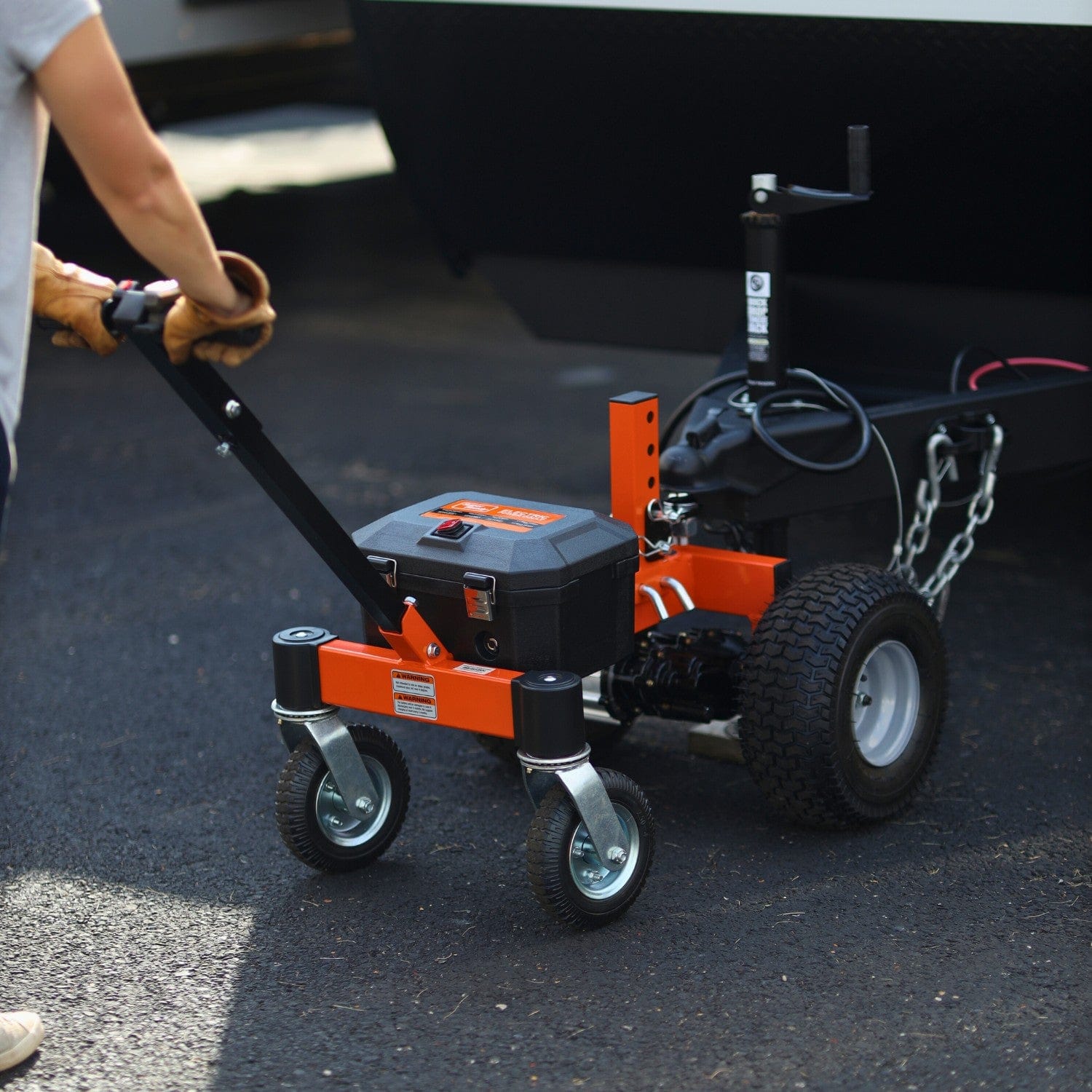
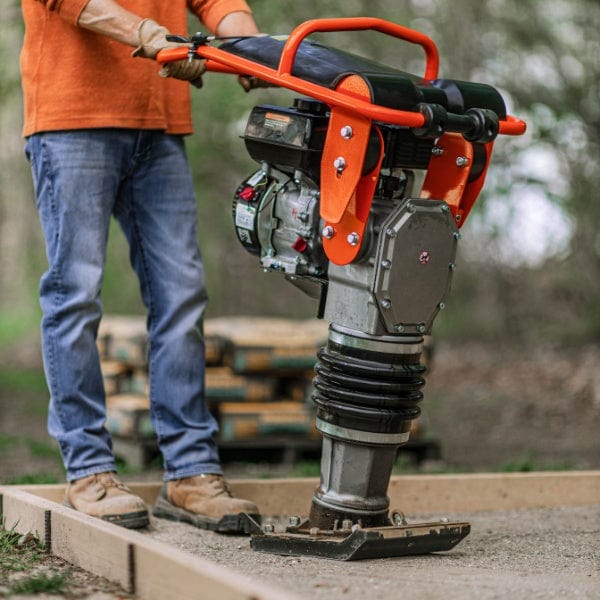
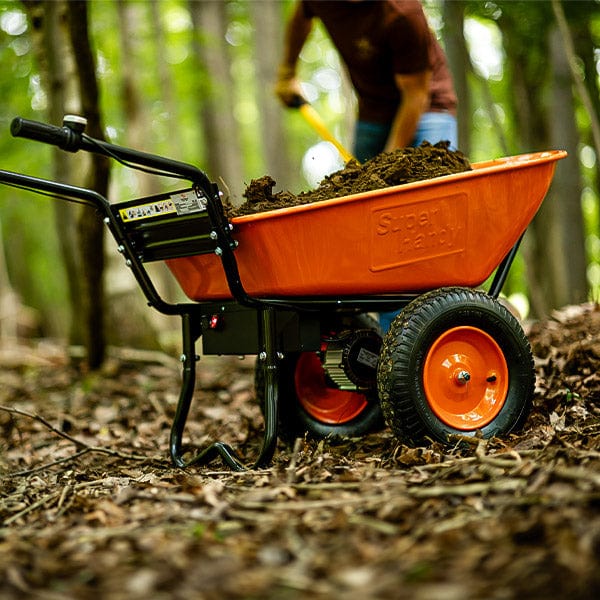
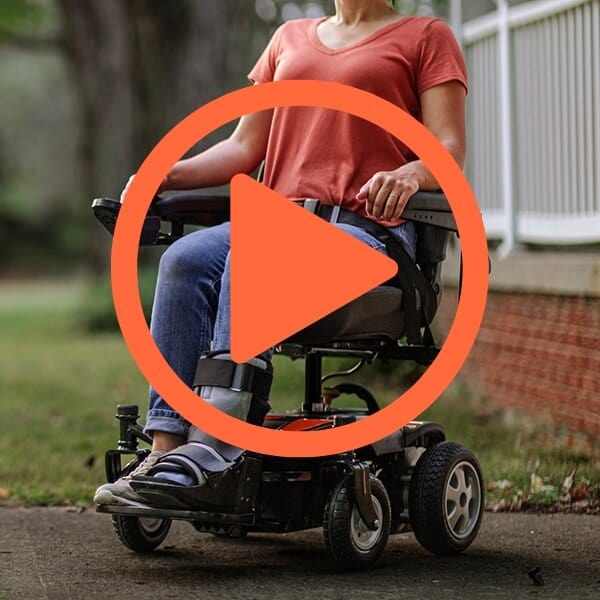

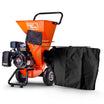
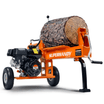

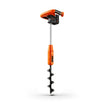
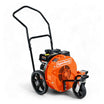
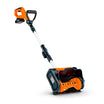
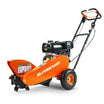
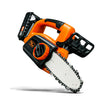
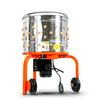
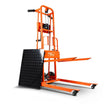
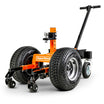
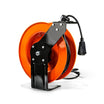
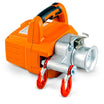
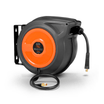
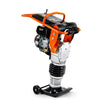
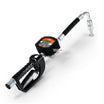
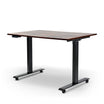
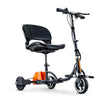
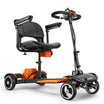
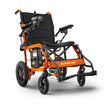


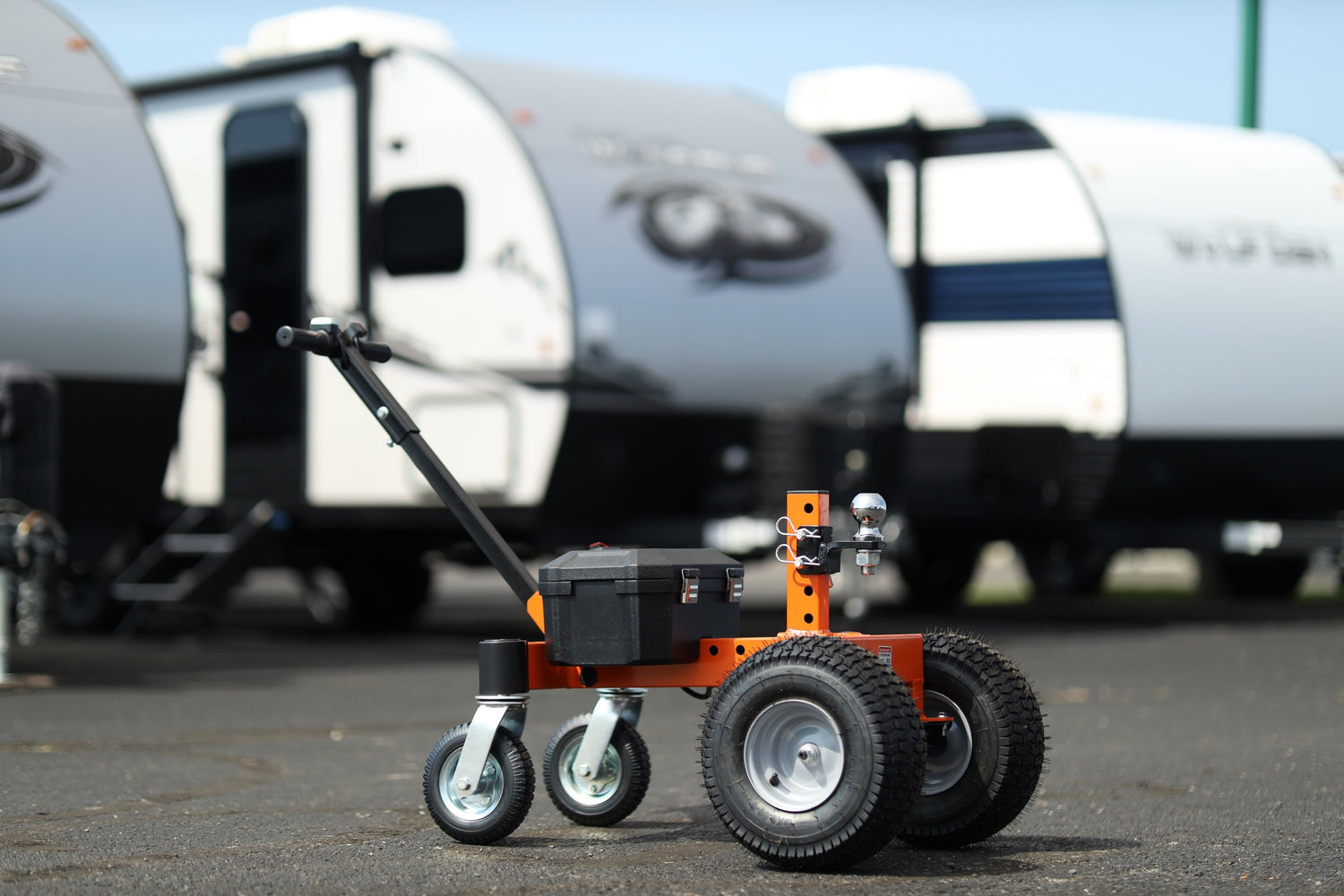
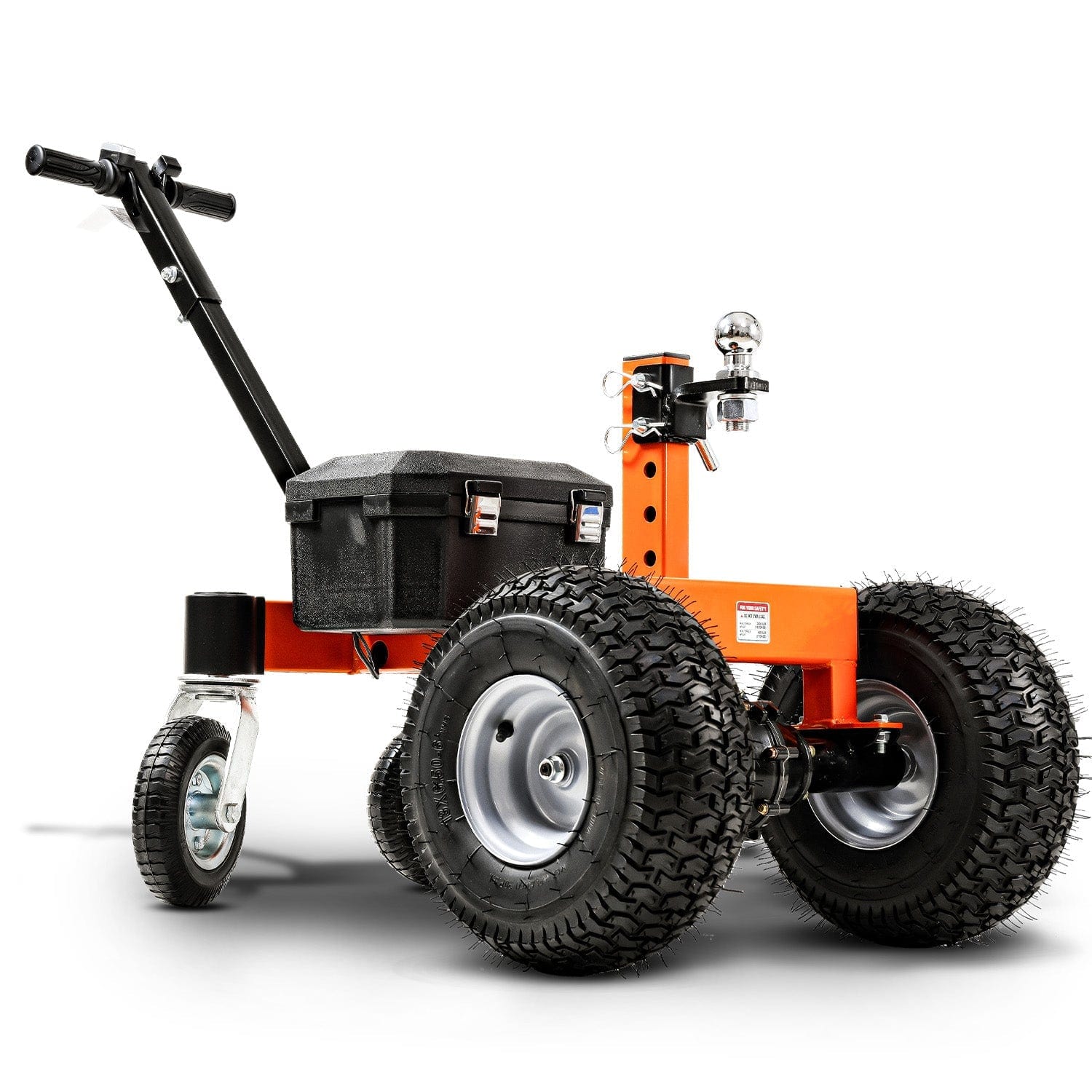
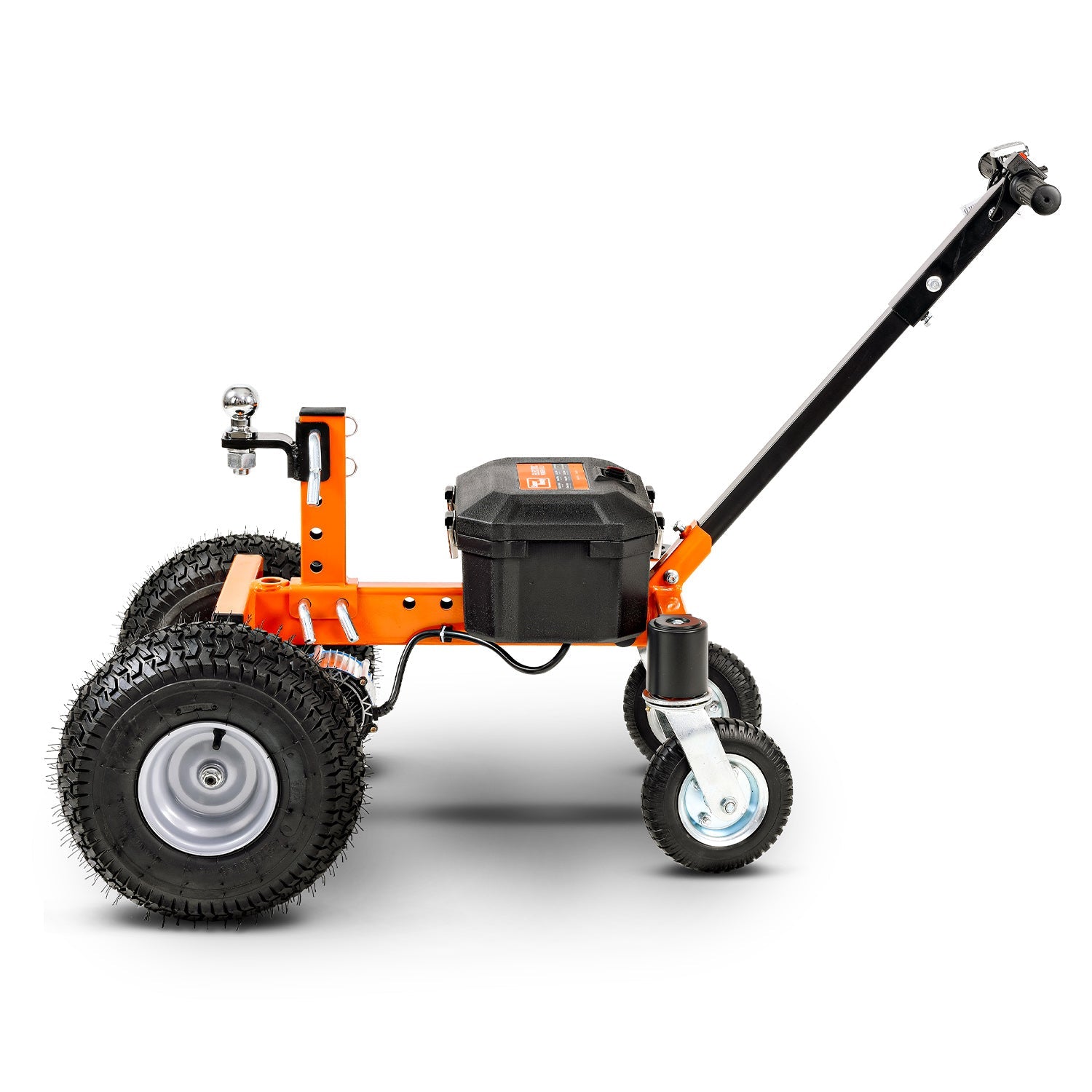
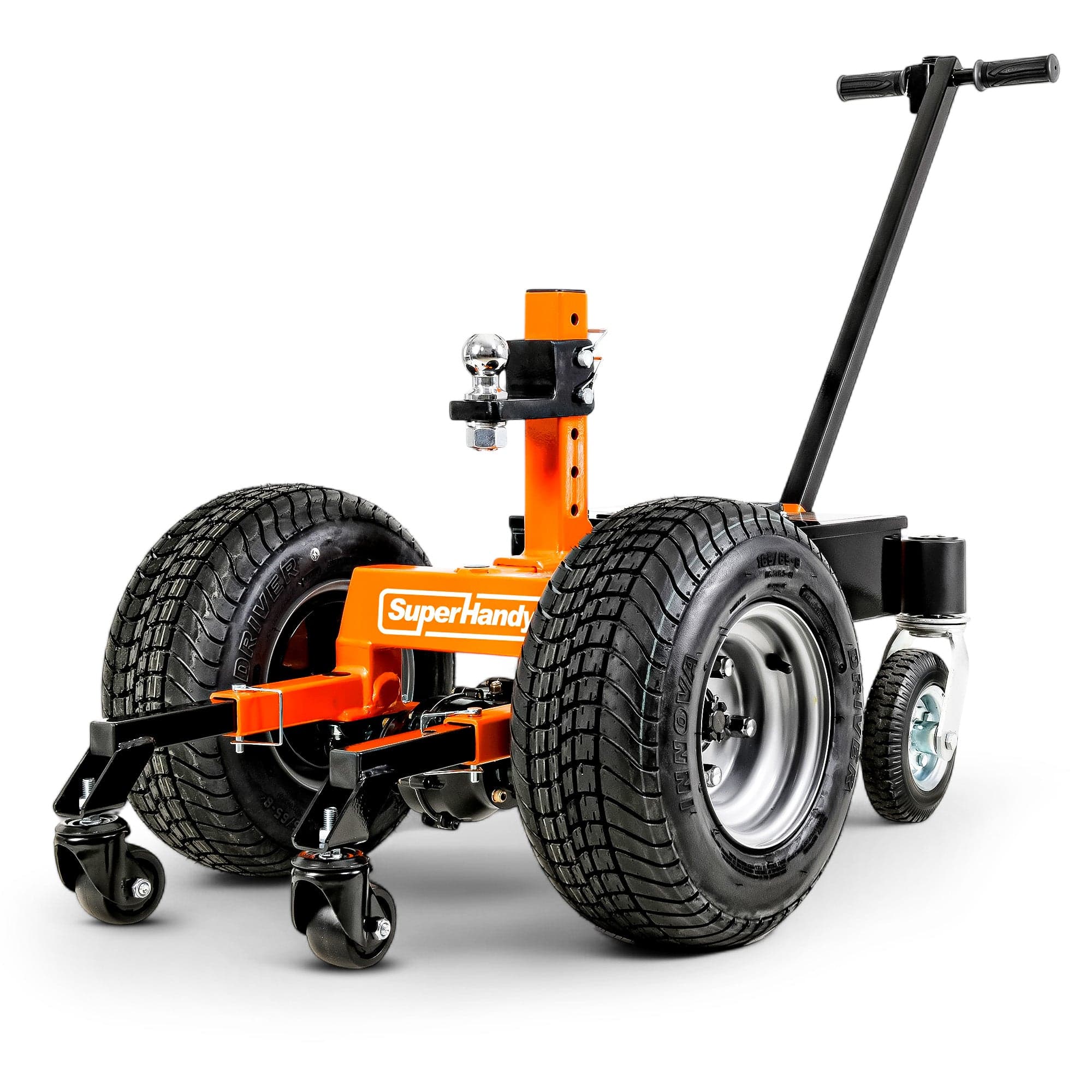
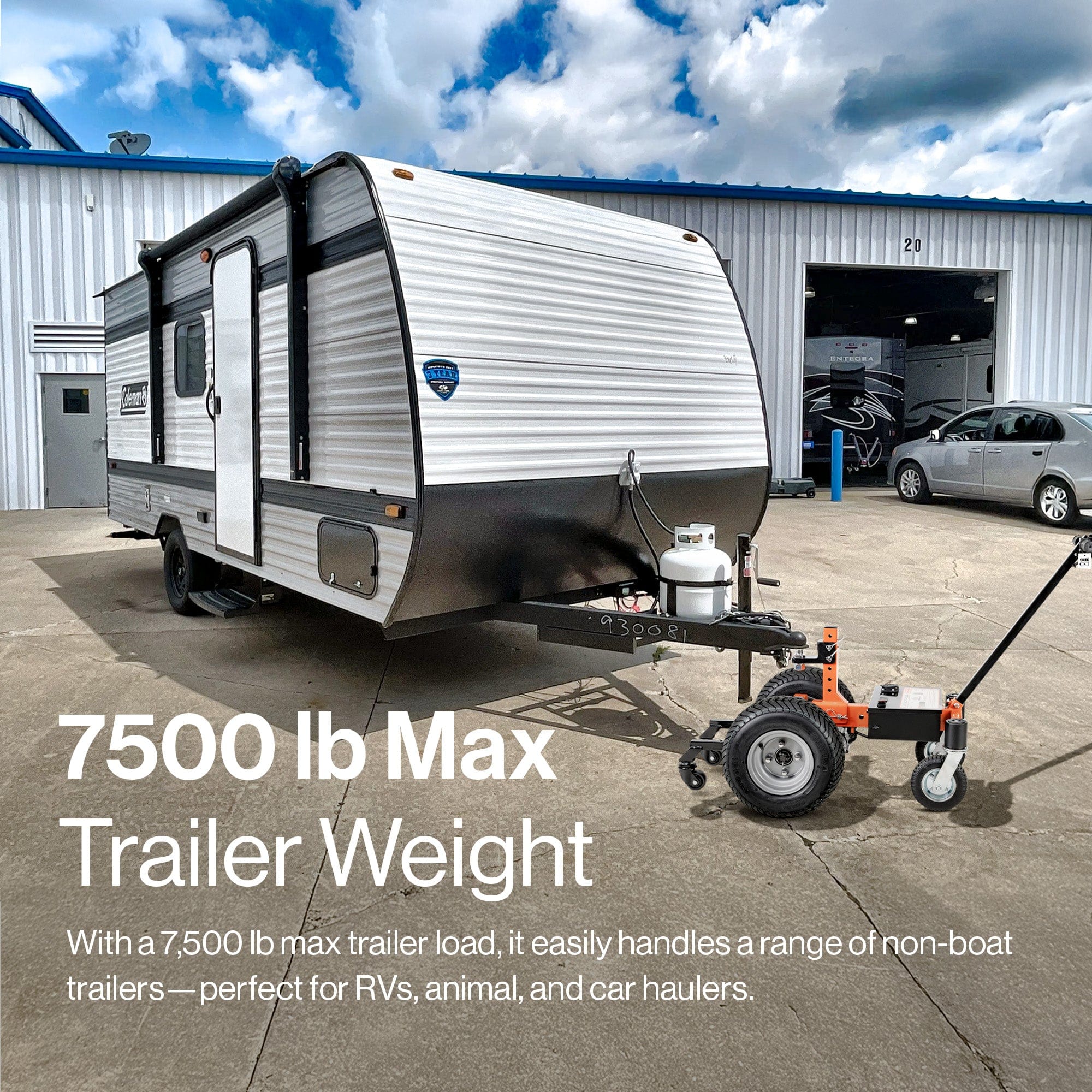
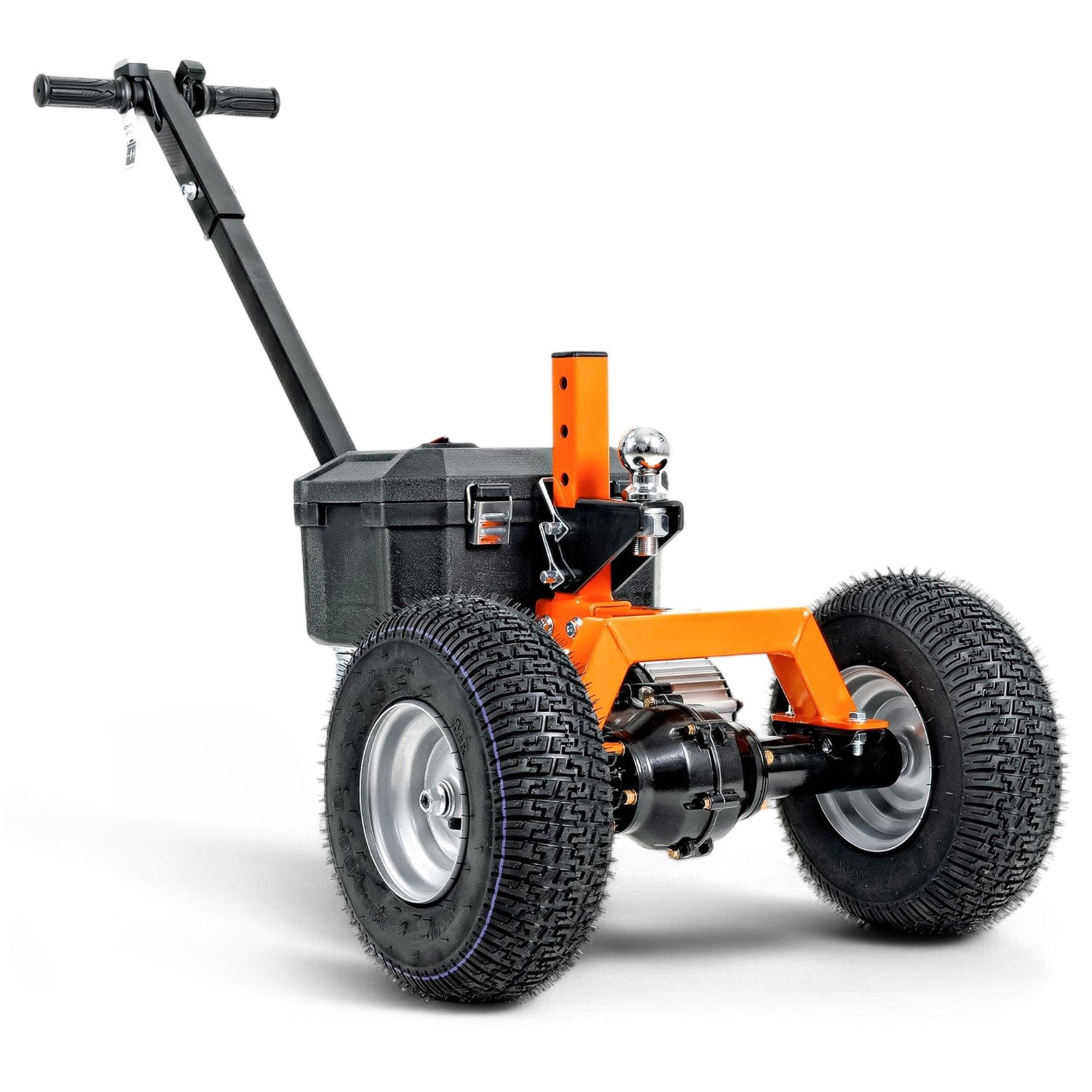
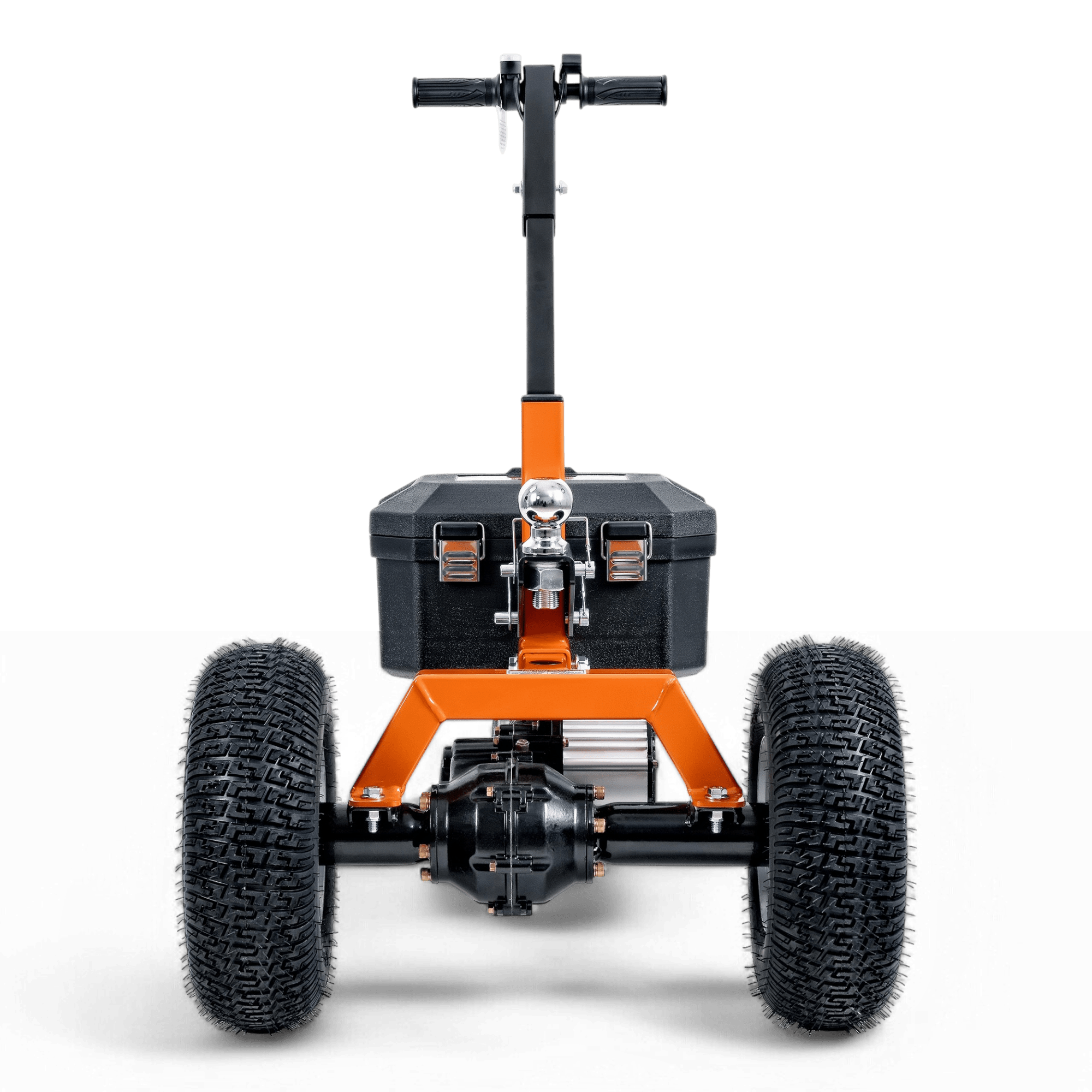

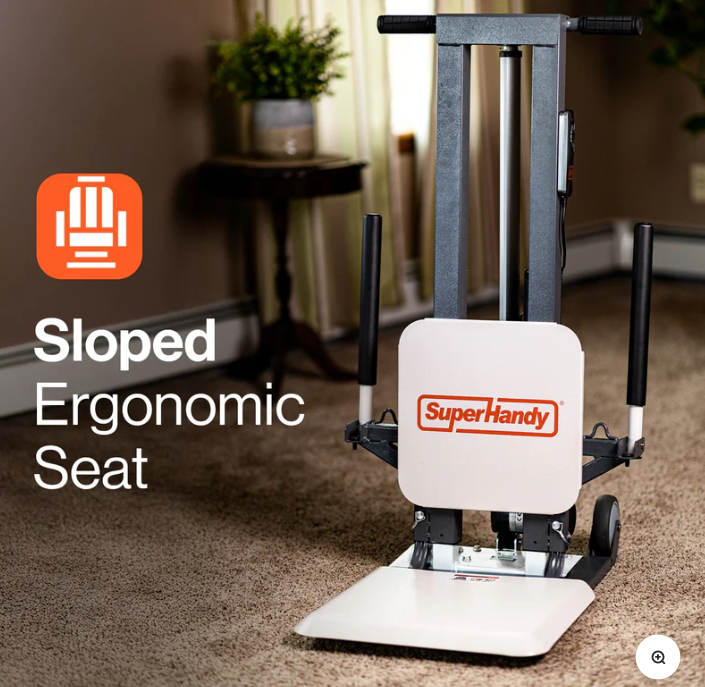
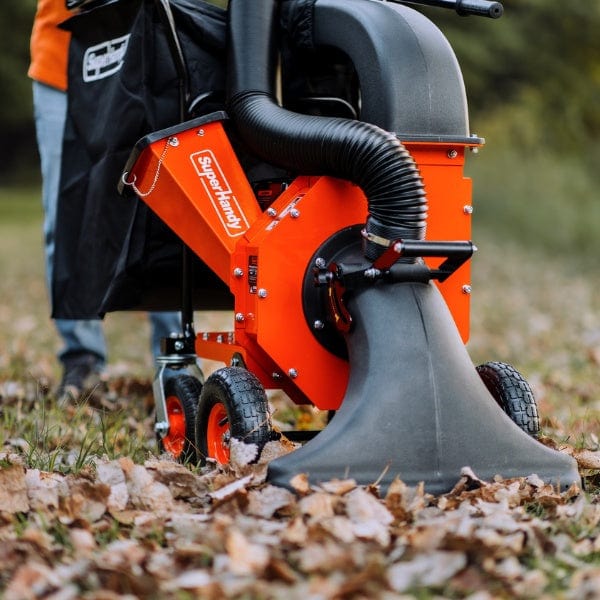
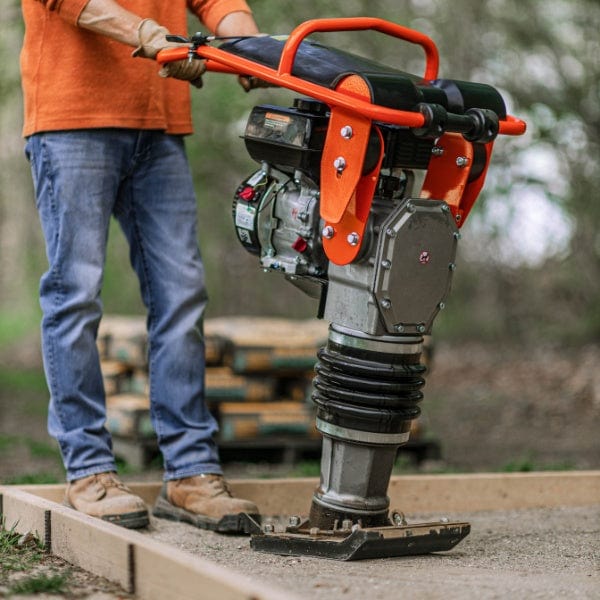
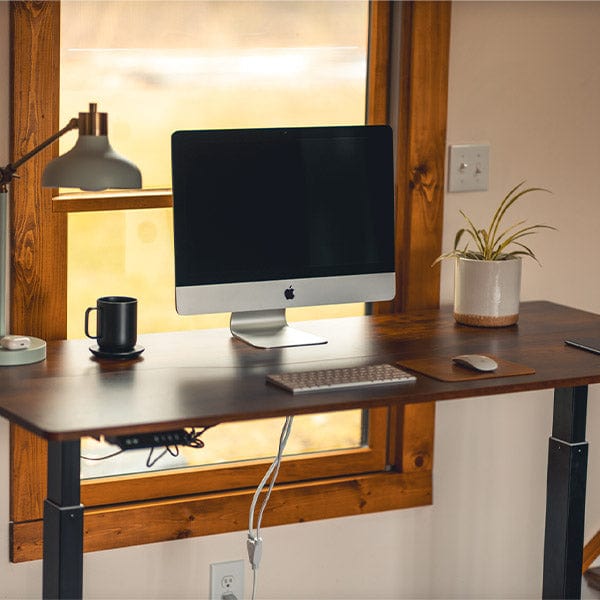
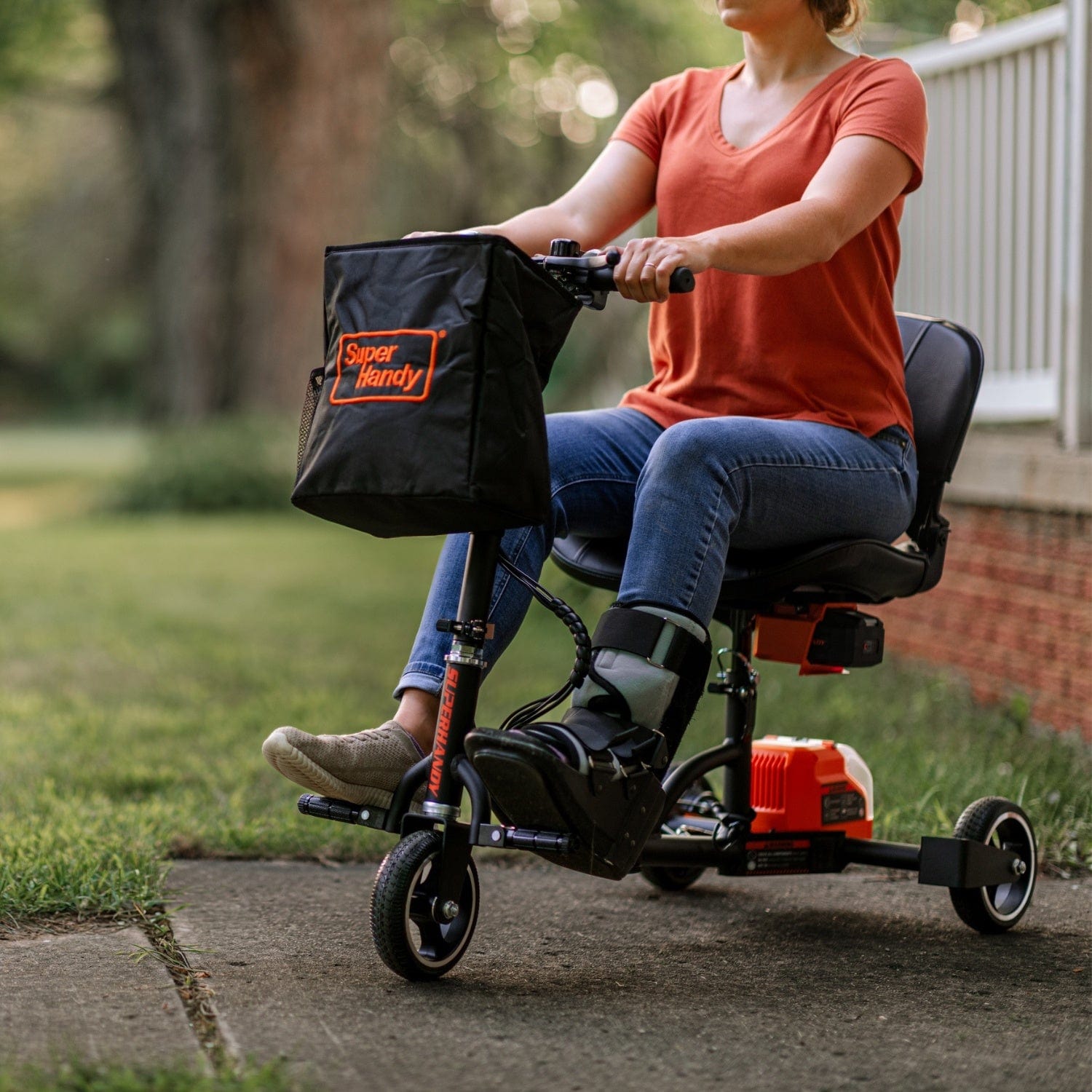
Leave a comment
All comments are moderated before being published.
This site is protected by hCaptcha and the hCaptcha Privacy Policy and Terms of Service apply.